Iran’s foreign minister appoints Raouf Sheibani as special envoy for Syria
Iran’s Foreign Minister Abbas Araghchi has appointed seasoned diplomat Mohammad Reza Raouf Sheibani as his special envoy on Syria.
Araghchi made the appointment on Sunday and tasked Raouf Sheibani, a former ambassador to Syria, Lebanon, and Tunisia, to regularly update him on the developments in the Arab country.
“Syria is an important country in the West Asia region,” Araghchi said in his announcement. He emphasized that Iran places a premium on the territorial integrity of Syria and the right of the Syrian people to self-determination without foreign interference.
“The decision regarding the future of Syria rests with the Syrian people,” the foreign minister asserted, adding that Iran will calibrate its relations with any governing system that emerges in Syria based on its inclusiveness and the will of the Syrian people.
Iran’s relations with the new rulers in Syria will be conducted in accordance with international laws and regulations, based on mutual respect and interests, Araghchi said. He emphasized that stability and security in the region can only be achieved through cooperation and consensus among regional countries.
Araghchi reiterated that maintaining and enhancing relations with neighboring and Islamic countries is a “principled policy” of Iran, in line with international law and the United Nations Charter.
Syria’s future was thrown into uncertainty when armed militants, led by Hayat Tahrir al-Sham (HTS), overthrew the government of President Bashar al-Assad on December 8, following a lightning offensive.
The HTS rulers, who were allied with al-Qaeda but severed ties years ago, have pledged to form an inclusive government that respects the religious and ethnic minorities in Syria.
Iran, which had an advisory mission in Syria at the request of the Assad government to combat terrorism, has expressed concern over the possible resurgence of terrorist groups in Syria, including sleeper cells linked to al-Qaeda and Daesh, and the repercussions for the wider region.
Iran has also warned that the Israeli regime, which has moved its troops into and beyond a so-called demilitarized zone along the border with Syria, is taking advantage of the chaos to gain a foothold in the Arab country.
Israel has been carrying out airstrikes in Syria for many years without openly acknowledging the operations, but since the fall of the Assad government, it has been more explicit about targeting military sites and personnel there.
Iran says any future ties it might establish with the new rulers in Syria will hinge on their disengagement from the Israeli regime.
UN group denounces EU’s ‘illegal’ designation of Iran’s IRGC
Russia hopes US ‘resorts to wisdom’ amid tensions with Iran
VIDEO | Press TV's news headlines
Palestine Action activists exonerated
Russia, Ukraine hold talks after ‘productive’ opening session
VIDEO | How Palestinians view Trump’s Gaza reconstruction plan
VIDEO | Iranians mark birth anniversary of Imam Mahdi
US hosts over 50 states for talks on mineral ‘trade bloc’ against China


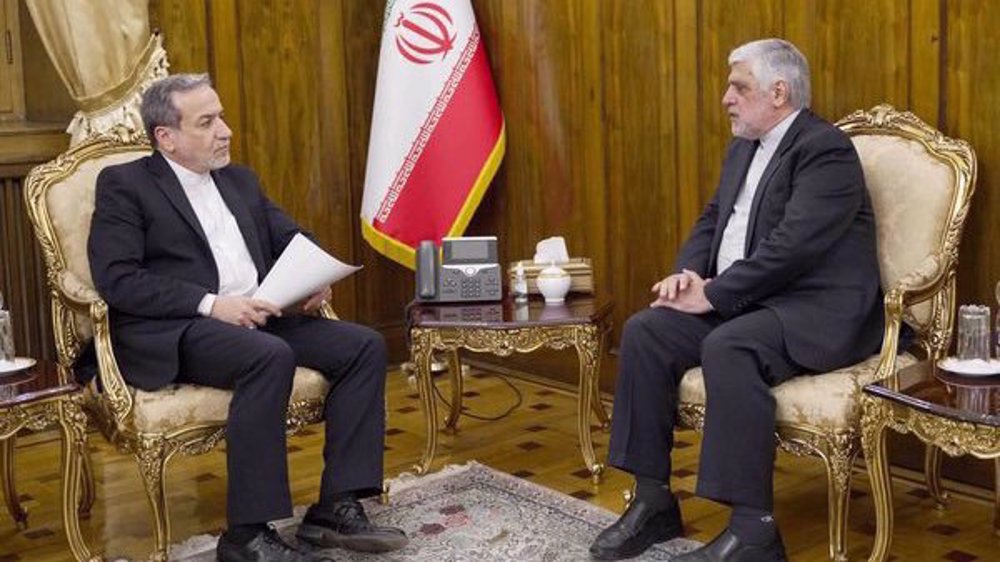
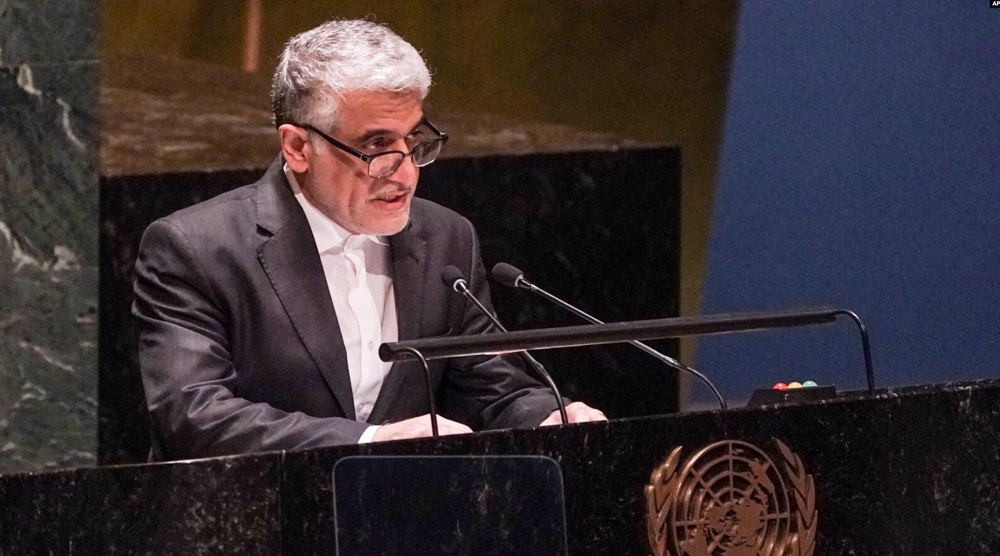
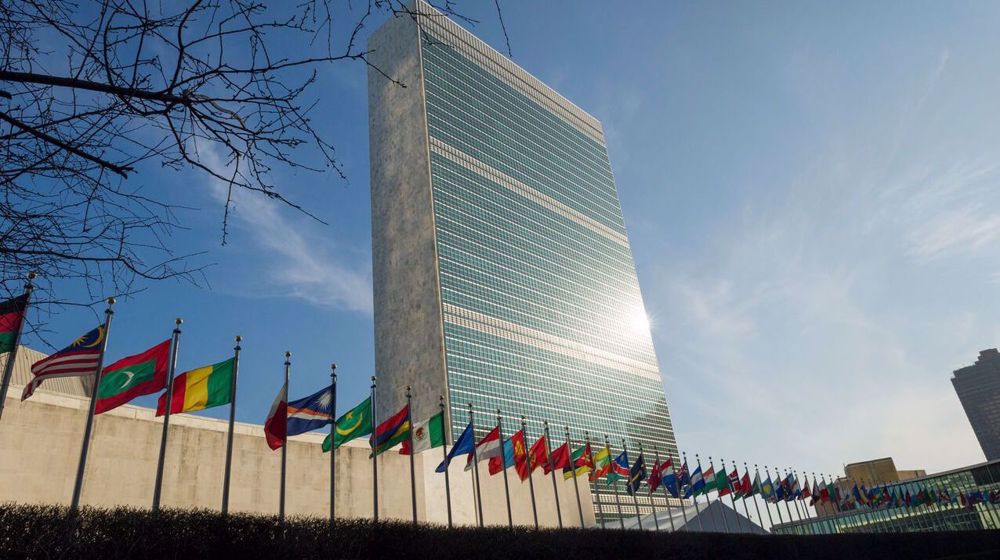
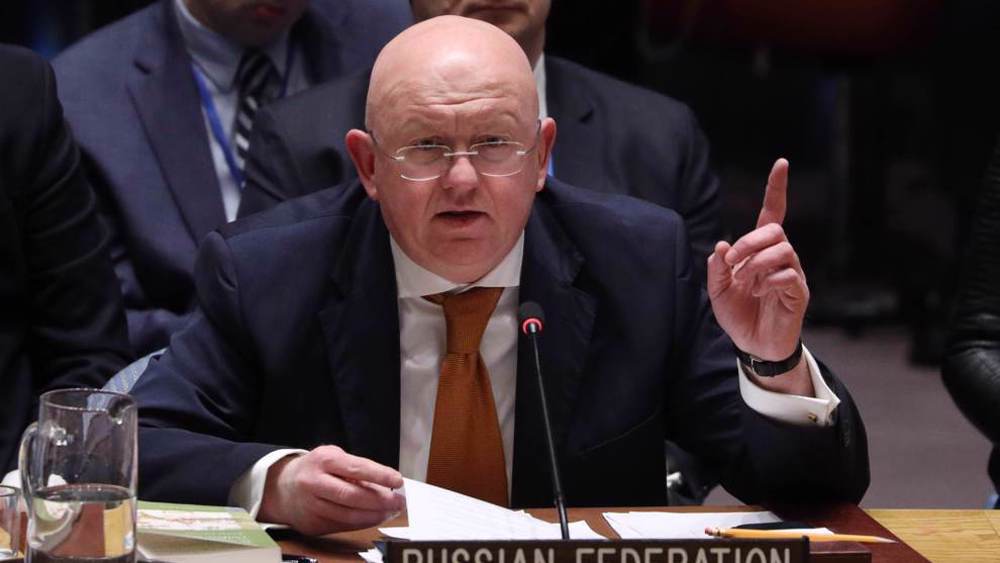
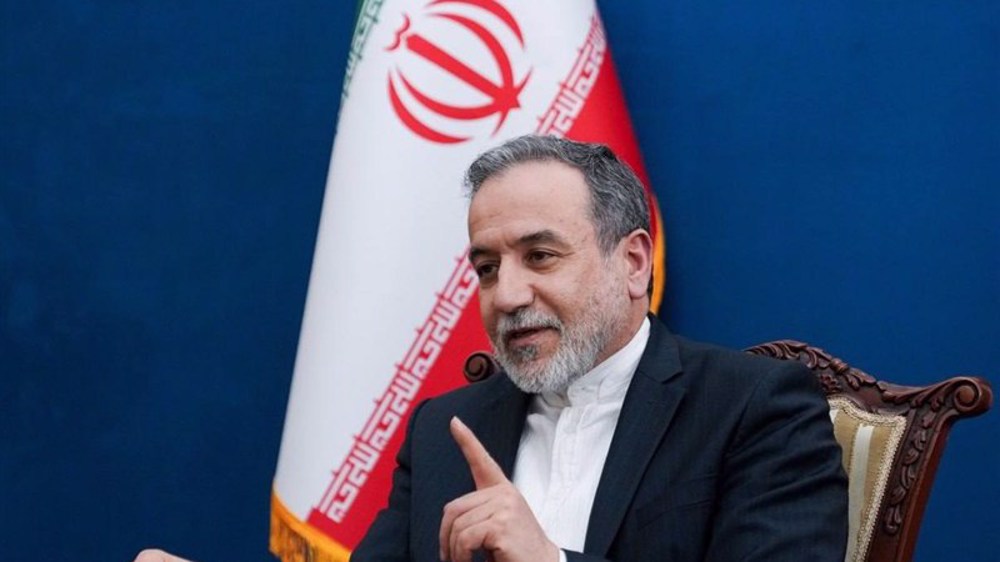




 This makes it easy to access the Press TV website
This makes it easy to access the Press TV website